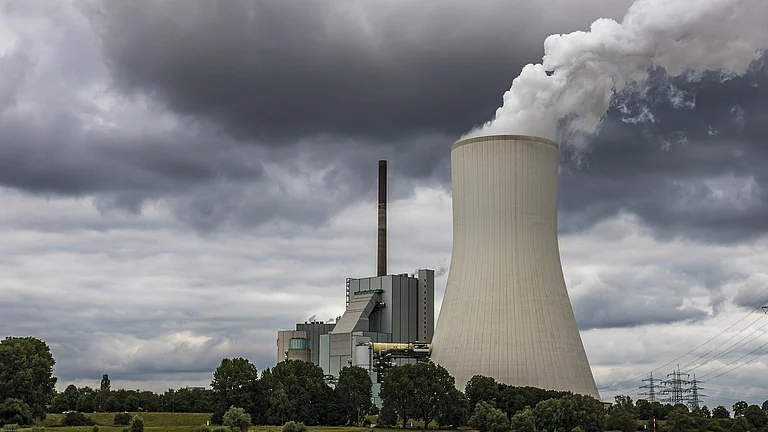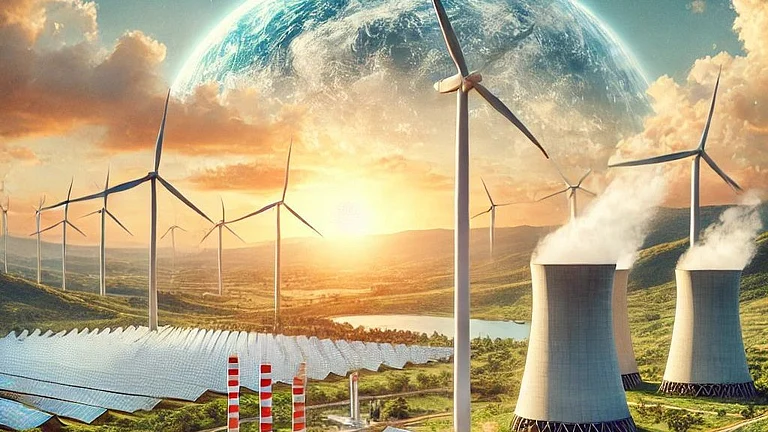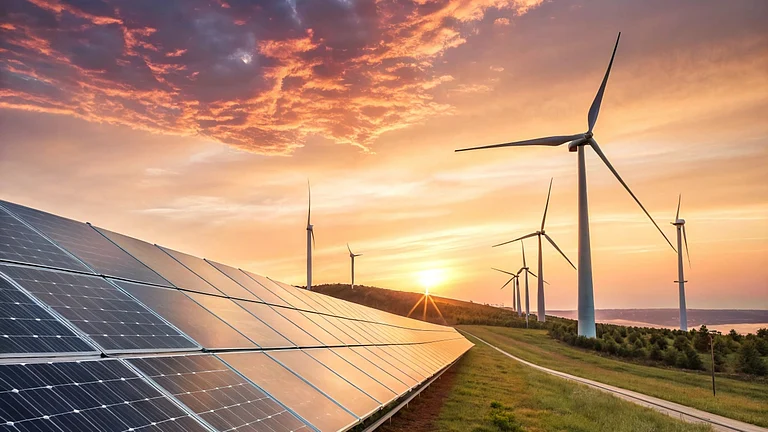Chinese finance and construction firms are still backing the construction of 7.7 gigawatts of new coal-fired power plants in Indonesia, contradicting its 2021 pledge to halt financing coal projects overseas, according to Global Energy Monitor (GEM).
The analaysis of energy investments in BRICS countries, released on April 29, revealed that the new BRICS members are building over ten times as much coal, oil and gas capacity (25 gigawatts (GW)) as wind and utility-scale solar (2.3 GW).
Growing Dependency on Coal
Rapid renewable growth in Brazil, India and China pushed renewables to over half of the bloc's electricity mix last year. However, the 10 newest members and partners, including Nigeria, Kazakhstan and Indonesia, still depend on fossil fuels, often with Chinese support to meet the rising demand.
"There's a real risk of sending these countries down the wrong path by investing in coal, gas and oil," James Norman, project manager for GEM's Global Integrated Power Tracker told Reuters.
GEM also stated that 62% of the generation capacity under construction in the 10 countries relies on Chinese state-owned enterprises for finance, procurement, engineering or construction services. Coal power projects is 88%, stated the study.
According to another study published in February, China started construction on 94.5 gigawatts of coal-fired power in 2024, the highest volume of new builds since 2015, hampering the country's transition away from fossil fuels, researchers.
This again shows how the world’s biggest coal consumer and emitter of climate-warming greenhouses gases contradict its own claims.
"If coal maintains a high share in China's power system for too long, it will be much harder to achieve a rapid decline in emissions," Qi Qin, researcher at the Centre for Research on Energy and Clean Air (CREA) told Reuters.
"This, in turn, could pose challenges for global climate efforts, especially at a time when countries are expected to increase their ambitions for 2035 targets," said Qi, the report's lead author.
In 2021, President Xi Jinping had said that China would no longer help build or finance overseas coal-fired power, but at least 26.2 GW of new China-backed capacity has been built since the pledge was made, according to a 2024 research published by Centre for Research on Energy and Clean Air.
Climate change will be high on the agenda at a meeting of BRICS leaders in Brazil in June, with the host country calling on China and others to make bigger commitments to cut emissions ahead of the COP 30 climate summit in November.

































